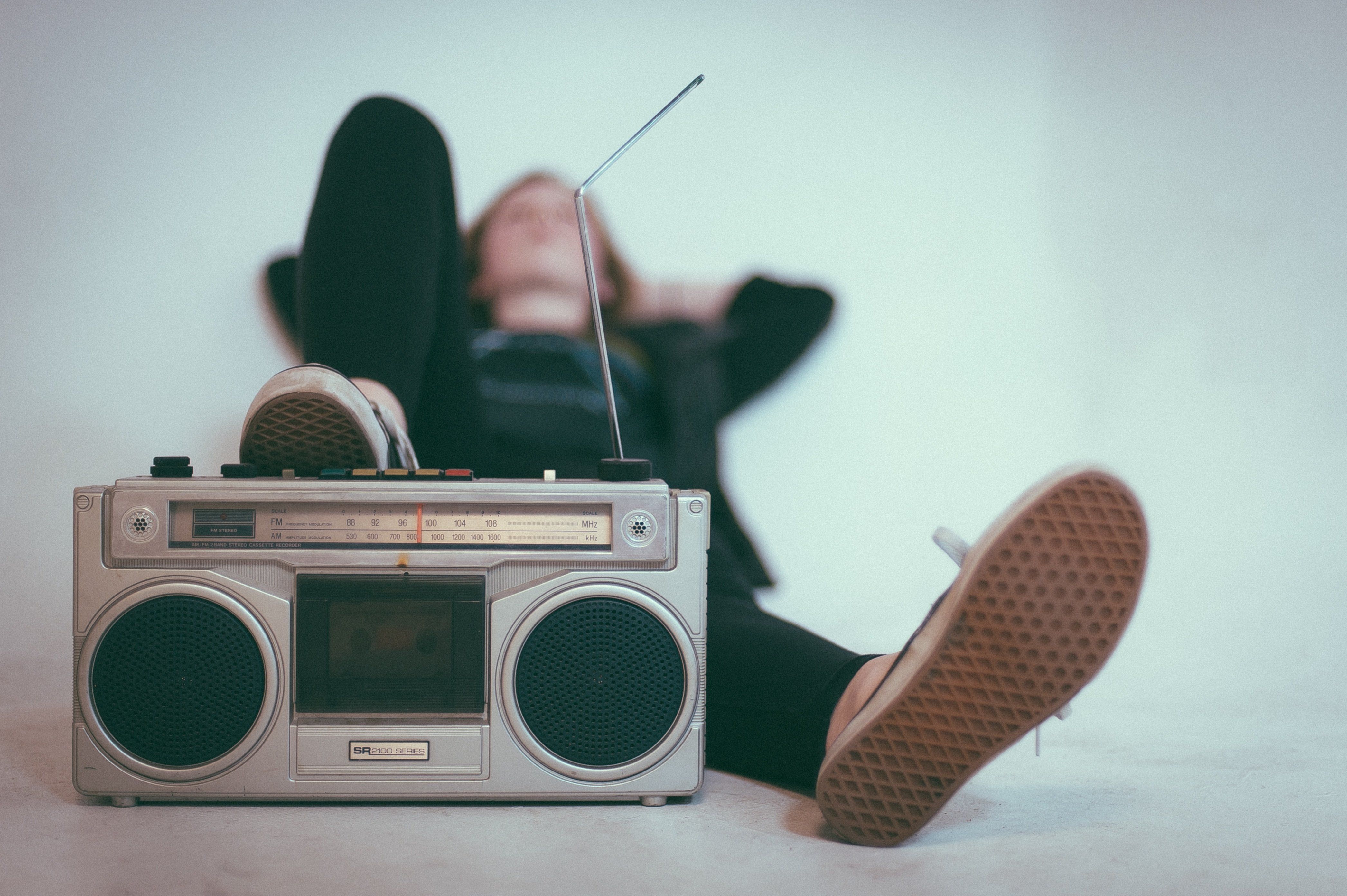This is a response to 25 Songs To Make The Perfect Playlist For Your Anxiety.
Music has long been celebrated for its ability to touch our hearts, uplift our spirits, and transport us to different emotional landscapes. Beyond its aesthetic appeal, music also possesses a remarkable capacity to positively impact our mental well-being. Scientific studies and countless personal anecdotes attest to the therapeutic benefits of music, making it an invaluable tool for enhancing mental health and emotional well-being.
Emotion Regulation
One of the most powerful effects of music on mental health lies in its ability to regulate emotions. Whether we seek solace in soothing melodies or seek catharsis through energetic beats, music has the power to influence our emotional states. Listening to uplifting and joyful music can elevate mood and alleviate symptoms of depression and anxiety. Conversely, introspective and melancholic tunes can offer comfort and a sense of connection during times of sorrow or grief. By providing a means for emotional expression and resonance, music acts as a catalyst for emotional well-being.
Stress Reduction and Relaxation
In our fast-paced world, stress has become a ubiquitous presence. Fortunately, music offers an effective remedy for managing stress and promoting relaxation. Engaging with calming melodies and rhythms can induce a relaxation response in the body, reducing heart rate, blood pressure, and cortisol levels. This soothing effect can help individuals unwind, combat anxiety, and find respite from the demands of everyday life. Music therapy techniques, such as guided imagery and deep breathing exercises accompanied by music, further enhance relaxation and stress reduction.
Connection and Social Bonding
Music possesses a unique ability to foster connection and create a sense of belonging. Shared musical experiences, such as attending concerts or participating in group singing, promote social bonding and reduce feelings of isolation. Engaging in musical activities with others encourages communication, cooperation, and empathy, fostering a supportive and inclusive community. Moreover, music transcends language and cultural barriers, providing a universal language through which people from diverse backgrounds can connect and find common ground.
Self-Expression and Empowerment
Music serves as a powerful medium for self-expression, allowing individuals to channel their thoughts, emotions, and experiences into creative outlets. Whether through songwriting, playing an instrument, or singing, music enables individuals to express their unique narratives and find empowerment in their own voices. This process of self-expression can be profoundly therapeutic, offering a sense of validation, release, and personal growth. In this way, music becomes a tool for self-discovery and a means to reclaim personal agency.
Cognitive Enhancement
Research has demonstrated the cognitive benefits of music on mental health. Engaging with music can improve cognitive functions such as attention, memory, and problem-solving skills. Listening to instrumental music while studying or working can enhance focus and productivity. Music-based interventions have also shown promise in supporting individuals with neurodevelopmental disorders, such as autism spectrum disorder and ADHD, by improving attention, communication, and social skills.
Music's impact on mental health is both profound and multifaceted. Whether we listen to music for enjoyment, engage in active participation, or seek therapeutic interventions, its power to heal, inspire, and nurture our mental well-being is undeniable. By tapping into the universal language of music, we can harness its transformative potential and integrate it into our lives, promoting emotional resilience, connection, and self-discovery. So, let us embrace the therapeutic melodies and rhythms that have the power to uplift our spirits, heal our hearts, and fortify our mental health.










































